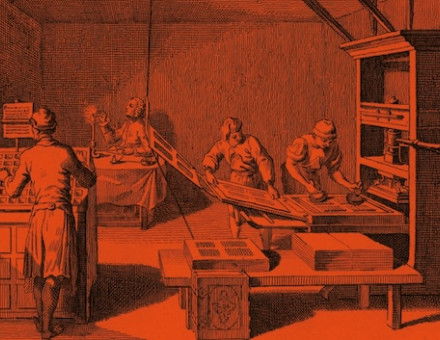The Economist as Prince: J.M. Keynes
1983 is a year of remembrances. It is a hundred years since Karl Marx died: fifty years since Hitler came to power in Germany. Mussolini was born a century ago. So was John Maynard Keynes. It is appropriate, though unusual, to juxtapose Keynes against these founding fathers of Communism and Fascism. Keynes is the greatest name in twentieth-century economics. His ideas have done more than anything else to improve economic conditions and prospects over a large part of the world. Precisely because of this he is also a great name in the history of modern statecraft. In the democratic age economic well-being has become the chief test of political performance. By inventing a technique by which democratic governments could keep industrial societies in seemingly permanent boom, Keynes fatally undermined the attractions of systems which promised the same result by means of totalitarian controls. This was always central to his purpose. In his most famous book, The General Theory of Employment, Interest and Money , published in 1936, he wrote:





